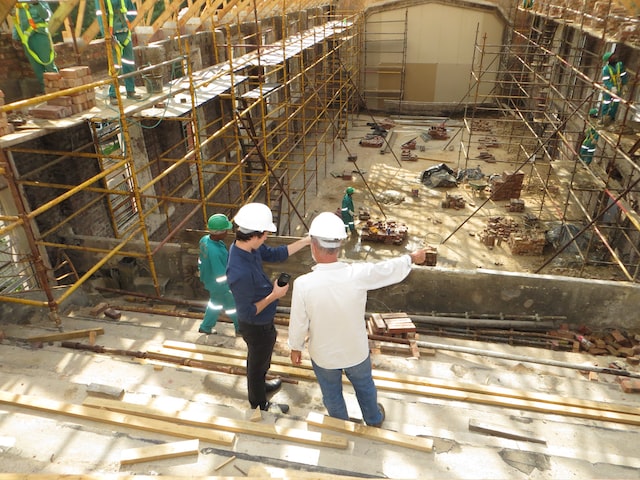As you can no doubt imagine, the pharmaceutical industry is a fiercely competitive one. Manufacturers need to be able to make their products as cheaply and efficiently as possible so they can pass their savings on to the end-users.
These companies need processing machinery and equipment that is accurate, speedy, durable and easy to clean and maintain. This is why almost all pharmaceutical manufacturers use metal conveyor belt systems in their production runs, as these belts help them to achieve their goals.
Using stainless steel belts reduces contamination risks
A metal belt, especially a stainless steel one, has a big cleanliness advantage over belts made from other materials like rubber or plastic. The production of pharmaceuticals needs a very clean environment and also one that is easy to keep sterile. Stainless steel machines, like Renold chains and belts, are very hard for bacteria to attach to; it also isn’t prone to the same pitting and scratching that can, over time, harbor bacteria and other contaminants.
Stainless steel is also easy to clean as it can withstand harsh compounds like hydrogen peroxide, peracetic acid, aldehydes and so on. This means the equipment can be highly sterile, which in turn makes employees and end-users safer.
Metal belts can stand up to tough environments
Another important consideration for pharmaceutical companies when it comes to their conveyor systems is their resistance to corrosion. These metal belts are able to stand the rigorous cleaning and sanitization regimes that make for a sterile production room. Some types of stainless steel contain chromium, nickel and molybdenum, which offer extra resistance to the environment. The chromium oxide layer created is resistant to almost all types of corrosion.
Not only are metal belts strongly resistant to corrosion, but they can also cope with both very high and very low temperatures, way outside the ranges that plastic and rubber can withstand. High-temperature operating environments include sterilizing tunnels for the glass vials that store vaccines and other injectables, or the hot-air chambers that dry out blood processing and filtering equipment. Cold room processes can be very cold indeed, including cryogenic processes in ultra-low temperatures that would cause plastic and rubber belts to crack. These properties, combined with the resistance to corrosion and sterilization processes, mean that metal belts need less downtime and less-frequent replacement.
Pharmaceutical production needs high accuracy and consistency
The pharma industry relies very heavily on being able to maintain high consistency and accuracy in its products – both equipment and medicines. Companies must be able to guarantee that each production run will result in compounds and items that are, effectively, identical to the previous batch.
Metal conveyors offer manufacturers very high tolerances, more so than other materials. Metal belts are unstretchable and so they will keep their accuracy over their entire lifespan. So-called micro-slipping can, over time, lead to a loss of accuracy as parts move out of place. The advantage of metal belts is that they can be customized more than plastic or rubber belts and have fixtures added to reduce this slippage.






